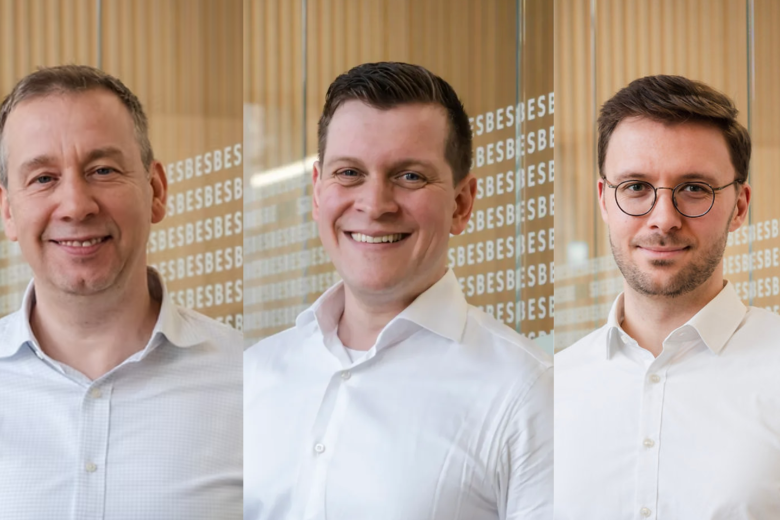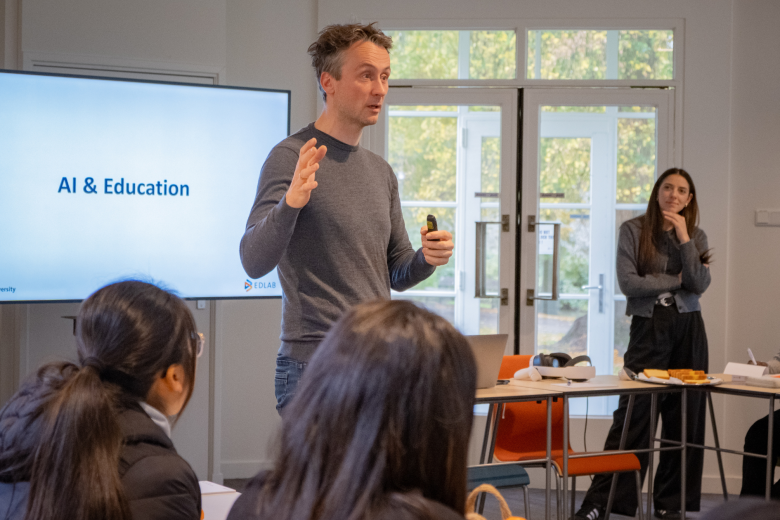Maastricht University School of Business and Economics rises in the Positive Impact Rating 2024
The Positive Impact Rating 2024 results, which evaluate business schools on their social impact and sustainability efforts, have been released. The Maastricht University School of Business and Economics (SBE) moved up a level and is now considered a "transforming school".
From “Progressing School” to “Transforming School”
Over recent months, bachelor, master, and MBA students assessed how SBE addresses societal and sustainable challenges and prepares its students to be responsible business leaders. The SBE Student Council, in collaboration with SCOPE, SBE’s study association, distributed the Positive Impact Rating (PIR) survey across campus.
The results show that SBE has progressed from Level 3 (Progressing School) to Level 4 (Transforming School) on a scale from 1 to 5. With these results, SBE has demonstrated a positive impact culture, governance and systems with visible results in many dimensions.
“Moving up in the PIR is a testament to our School’s collective commitment to societal and sustainability challenges. I would like to thank our students for their valuable feedback and will continue to strive for positive impactful change, guided by our global minds and local roots.” – Mariëlle Heijltjes, Dean at Maastricht University School of Business and Economics
Assessment
In total, 102 business schools across 34 countries were ranked in the PIR Report (2024). The PIR assessment model includes three key areas and seven dimensions:
- Energizing: governance and culture
- Educating: programmes, learning methods and student support
- Engaging: role modeling and public engagement.
SBE scored 7.8 in the first area (energizing), 7.5 in the second area (educating), and 7.0 in the third (engaging).
The 2024 PIR edition, themed “Empowering Impact Excellence,” collected 15,222 student responses.
Also read
-
Teacher Information Points at UM
UM faculties now host Teacher Information Points (TIPs) that offer local, “just-in-time” and on-demand support for teaching staff. The aim is simple: to provide help that is closely connected to day-to-day teaching practice.

-
Shaping the future of marketing: SBE scholars at the forefront of research and teaching
Three faculty members from SBE’s Department of Marketing & Supply Chain Management, Prof. Dr. Dominik Mahr, Dr. Jonas Heller, and Dr. Tim Hilken, combine cutting-edge research with innovative teaching and mentorship. From exploring the societal implications of digitalisation in courses such as...

-
UWC Maastricht students get a taste of education innovation at EDLAB
On 21 October 2025, EDLAB hosted students from United World College Maastricht for the second year in a row, as part of their Youth Social Entrepreneurship programme.
